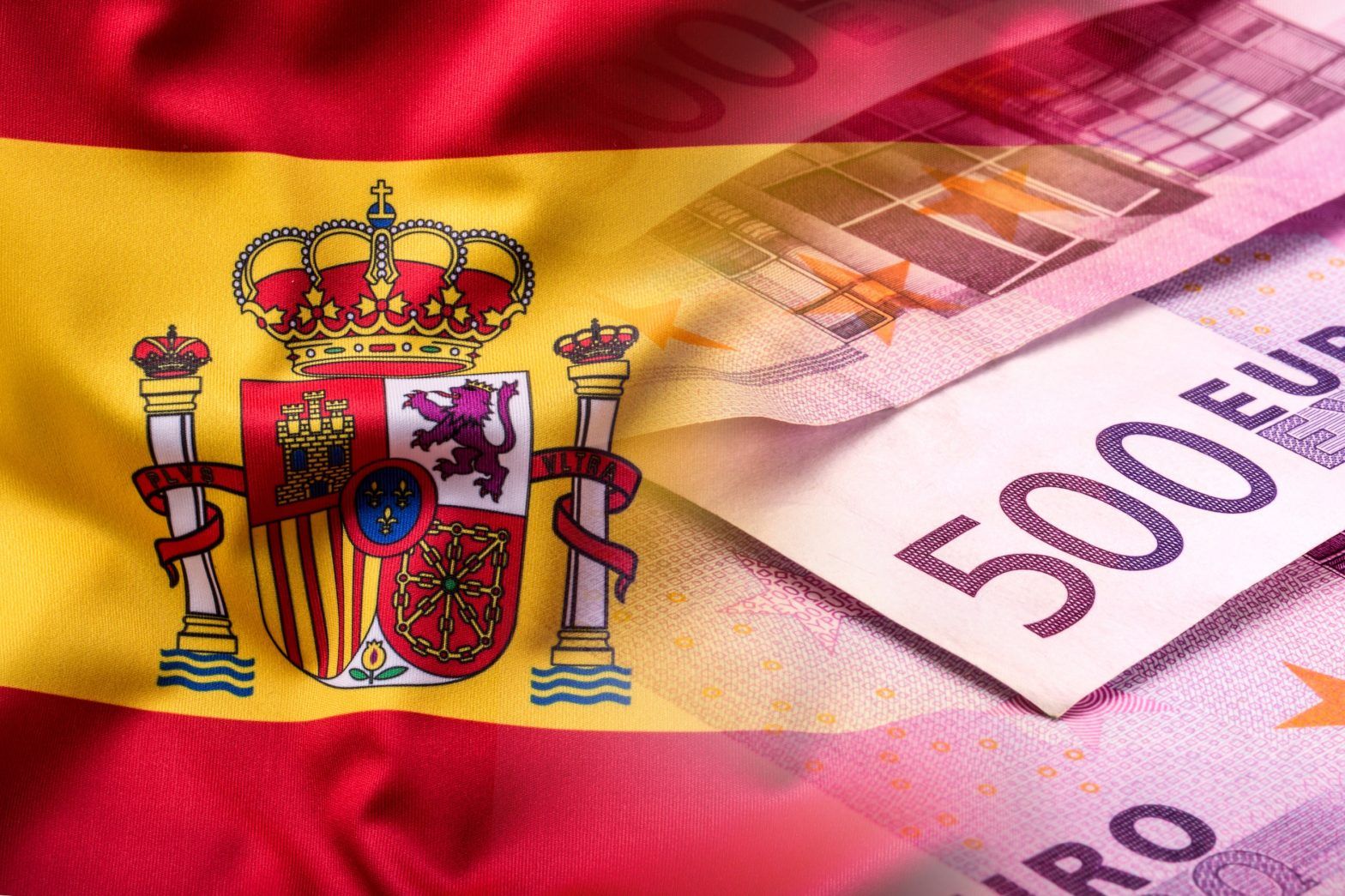The Catalonian independence debate has overshadowed market sentiment towards Spain in recent months causing investors to overlook Spanish corporates’ rosy prospects because of their heavy exposure to Latin America, said Chris Bailey, European strategist at Raymond James Financial.
The autonomous region of Catalonia held an independence referendum in October which the Spanish government declared illegal. Spain was thrown into a constitutional crisis following the vote and the former Catalonian president Carles Puigdemont is now in exile. The fallout continues to colour the political climate in Europe’s fifth largest economy.
“[Investors] have got too caught up in the Catalan debate and have labelled Spain as difficult,” Bailey said. “It has created an element of uncertainty that is inhibiting people investing from in the country. But there are a number of grounds for optimism.”
GDP growth
The Spanish economy expanded 3.1% in 2017 – the third successive year of more than 3% growth – as the country recovers from the deep recession sparked by the global financial crisis. “The economy has recovered in terms of economic growth numbers and other key variables over the last couple of years,” Bailey said.
Moreover, the outlook for southern Europe generally is looking up as German chancellor Angela Merkel looks to leave a positive legacy on the continent and French President Emmanuel Macron pushes for reform. “It provides an opportunistic backdrop for Iberian equities,” Bailey says.
However, the biggest shot in the arm for Spanish stocks could be the country’s deep trading ties with Latin America. The Spanish economy is dominated by a raft of large international corporates – such as Banco Santander, telecoms group Telefónica and utilities giant Endesa – have expanded aggressively Latin America over the last couple of decades.

“The biggest most successful Spanish companies have not been shy about developing Latin American businesses,” Bailey says. “Today, a number of leading Spanish corporates have 25-30% of their business in Latin America.”
The shared history and language between Spain and the continent has facilitated this process. “The bias in the Spanish stock market is its exposure at a company level to Latin America. It is key differential to other European stock markets,” Bailey says.
Latam ties
Banking giant Santander’s biggest market, for example, is Brazil. Energy group Repsol owns Argentine oil and gas YPF. Another Energy group Iberdrola owns Brazil’s Elektro and utility company Endesa has a controlling stake in Enel Generación Chile, the largest electricity generator in Chile.
And the growth prospects of many of Latin America’s leading economies is looking positive on the back of rebounding commodity prices.
Brazil, Latin America’s largest economy, has returned to growth following a turbulent few years and is projected to grow by 2.1% this year. Mexico is on course to expand 2.2% this year and Argentina’s economy is projected to grow 2.5%, boosted by President Mauricio Macri’s reform programme.
“There is a broad recovery going in countries like Brazil and Argentina and that is cascading into Spanish corporate earnings,” Bailey said. “The Catalan debate has meant some people may not have focused on that and there may be an element of potential surprise for some investors.”
Investors may be beginning to take note. “We think Spain is very undervalued in relation to corporate profits, so we are long Spanish equities,” Alvaro Sauto, head of fund of funds and absolute returns at Spanish lender Bankia told Expert Investor last week.







